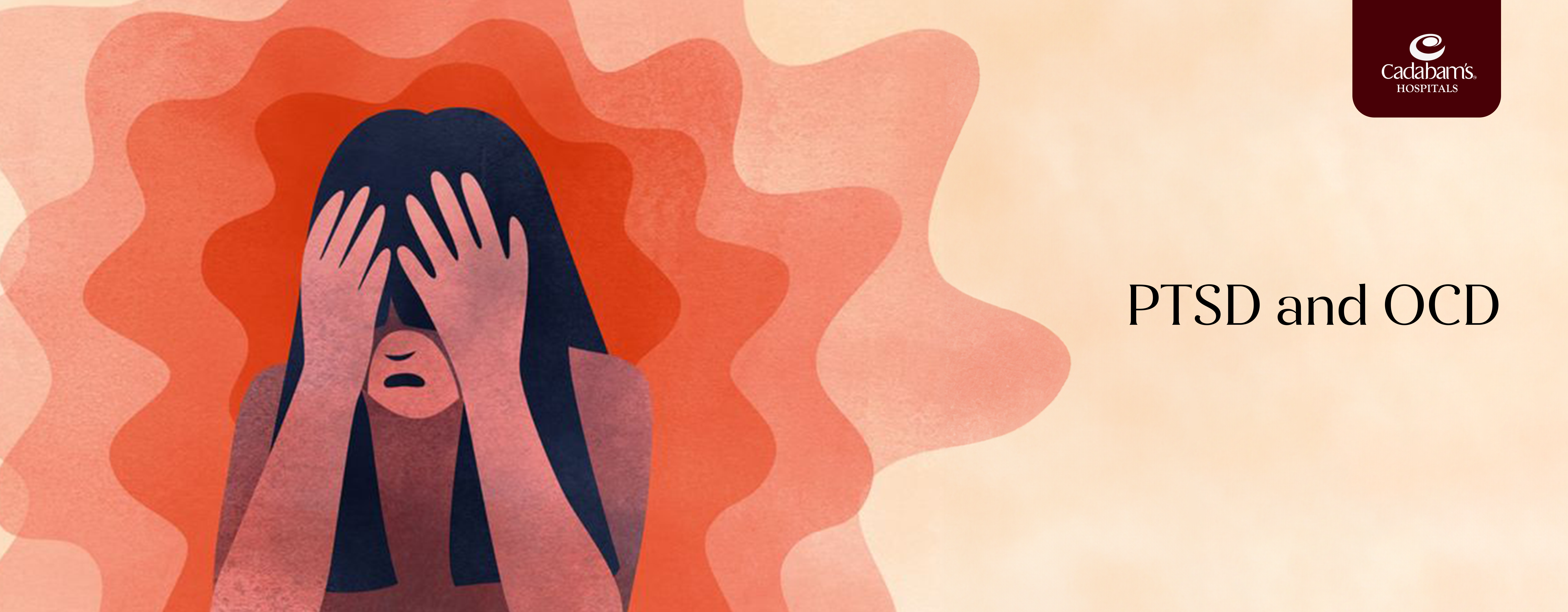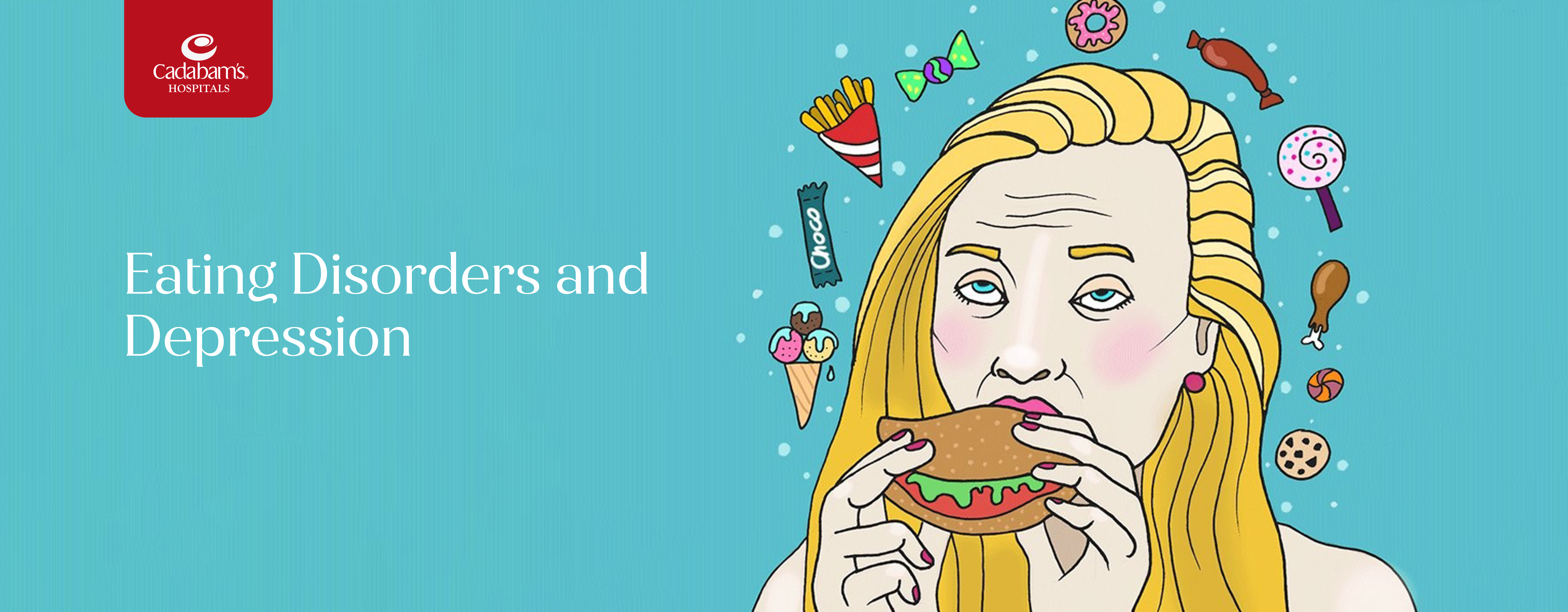Table of Content
What is Sleep Anxiety?
Anxiety in sleep or sleep anxiety, also known as Somniphobia, encompasses the fear and apprehension surrounding the act of falling asleep or staying asleep. Individuals with this condition often worry about potential negative outcomes while asleep or believe they must remain vigilant.
Sleep anxiety frequently coexists with psychiatric disorders like anxiety, creating a cyclic relationship. Anxiety disorders can hinder the ability to initiate or maintain sleep, while pre-existing sleep disorders can intensify anxiety before bedtime due to concerns about insufficient rest. This interplay highlights the complex relationship between sleep and mental health.
What Causes Sleep Anxiety?
Anxiety is a fundamental aspect of human nature, serving as an adaptive response to threats and dangers. In situations where danger is present, stress and anxiety prompt the release of hormones that prepare the body for a rapid response. However, chronic anxiety represents a persistent state of stress and worry that extends beyond immediate threats, leading to a continuous release of these hormones.
This perpetual state of heightened arousal can disrupt the body's ability to relax, particularly when attempting to sleep. Consequently, falling asleep becomes challenging, and even if slumber is achieved, it may be disrupted by intrusive anxious thoughts, further exacerbating sleep problems.
Furthermore, the intricate relationship between anxiety and sleep extends to physical factors. Conditions like hypothyroidism, characterized by insufficient thyroid hormone levels and a subsequent slowdown in metabolism, can contribute to both anxiety and sleep disturbances. Research also suggests that anxiety can impact the rapid eye movement (REM) phase of sleep, known for vivid dreaming. For individuals with anxiety, these dreams may take on distressing or nightmarish qualities, leading to nighttime awakenings.
Who gets Sleep Anxiety?
Sleep anxiety is a condition that knows no age boundaries, impacting individuals across different age groups, including adults, teenagers, and children. Its onset can be attributed to various factors, with one significant contributor being the presence of underlying sleep disorders. Conditions such as insomnia, narcolepsy, restless legs syndrome (RLS), sleep apnea, and sleepwalking can significantly increase the likelihood of experiencing nighttime anxiety.
How Common is Sleep Anxiety?
Sleep anxiety is fairly common and affects around 40 million people in the US alone. According to research, people facing mental health disorders like anxiety will also have some form of sleep disruption.
What are the Common Symptoms of Sleep Anxiety?
Experiencing sleep anxiety can manifest in various ways, encompassing both behavioral and physical symptoms. Behaviorally, individuals grappling with sleep anxiety may find themselves overwhelmed, struggling to concentrate, becoming irritable, feeling nervous, and experiencing restlessness. A pervasive sense of impending danger or doom can also accompany these behavioral changes.
Physiologically, the effects of anxiety before bedtime can manifest as digestive problems, a rapid heart rate, accelerated breathing, excessive sweating, tense muscles, and trembling. For some individuals, sleep anxiety can escalate to the point of triggering nocturnal panic attacks. These nocturnal episodes involve sudden and intense bursts of extreme fear, unique to the nighttime, which can disrupt sleep and lead to a heightened sense of anxiety. Recognizing these common symptoms is crucial in addressing sleep anxiety and seeking appropriate interventions to improve sleep quality and overall well-being.
What is the Connection Between Anxiety and Insomnia?
The intricate relationship between anxiety and sleep and its leading to insomnia sheds light on their bidirectional nature. Anxiety often triggers a relentless cycle of sleep disturbances as worries and concerns, particularly at night, hinder falling asleep. This heightened mental state, characterized by excessive worry, is a key factor contributing to insomnia. Various anxiety disorders, including generalized anxiety disorder, OCD, and PTSD, are closely associated with insomnia. Shockingly, over 90% of combat-related PTSD sufferers report insomnia symptoms.
Sleep Anxiety in Different Age Groups: From Children to Adults
Sleep anxiety can affect individuals of all age groups, from children to adults, albeit in varying forms. In children, it often manifests as bedtime fears, separation anxiety, or worries about monsters under the bed. Teens may grapple with social pressures and academic stressors that keep them up at night. Young adults frequently experience performance anxiety, relationship concerns, or job-related worries that disrupt their sleep.
In middle age, financial stress, family responsibilities, and health concerns can contribute to sleep anxiety. Among older adults, anxiety about aging, health, and mortality can interfere with restful sleep. Understanding these age-specific manifestations of sleep anxiety is crucial for tailored interventions and improved sleep quality.
How is Sleep Anxiety Diagnosed?
Diagnosing sleep anxiety involves a comprehensive assessment by a healthcare professional. During this evaluation, your medical history, symptoms, and behaviors are thoroughly examined. To gain insights into your condition, you may be asked specific questions such as:
- Your pre-sleep routine: Inquiries about your bedtime habits, including eating and drinking before sleep.
- Timing of anxiety: Determining whether your anxiety consistently occurs before bedtime.
- Sleep onset: Assessing the time it takes for you to fall asleep.
- Nighttime awakenings: Inquiring about the frequency of waking up during the night.
- Evening activities: Understanding the activities you engage in before bedtime that may contribute to sleep anxiety.
What Tests Help Confirm a Sleep Anxiety Diagnosis?
A range of tests and evaluations may be performed to ascertain the presence of sleep disturbances related to anxiety. One such evaluation is a sleep study, also known as polysomnography. During a sleep study, you spend the night at a sleep lab where healthcare professionals monitor several aspects of your sleep, including
- Blood oxygen levels.
- Body positioning.
- Breathing patterns.
- Electrical brain activity.
- Eye movements.
- Heart rates and rhythms.
- Leg movements.
- Sleep stages.
- Snoring or other nocturnal noises.
This in-depth evaluation assists healthcare professionals in comprehending your sleep patterns, pinpointing potential sleep disorders, and confirming the presence of sleep anxiety.
How can healthy sleep habits treat sleep anxiety?
Good sleep practices, commonly referred to as sleep hygiene, play a pivotal role in alleviating sleep anxiety. Your healthcare provider may recommend maintaining a sleep diary over several weeks to assess your sleep routines and identify potential factors hindering your ability to fall and stay asleep.
Effects of Sleep Anxiety on Mental and Physical Health
The repercussions of sleep anxiety extend beyond just restless nights. This condition can take a toll on both your mental and physical well-being. Mentally, it often leads to increased daytime fatigue, irritability, difficulty concentrating, and heightened stress levels. Persistent sleep anxiety can, with time, elevate the likelihood of developing or intensifying mental health issues such as anxiety and depression.
Physically, the lack of quality sleep associated with sleep anxiety can lead to a weakened immune system, making you more susceptible to illnesses. It can also increase the risk of chronic health conditions like obesity, diabetes, and cardiovascular diseases. Addressing sleep anxiety through proper diagnosis and effective treatment is crucial for preserving both mental and physical health.
Strategies for Coping with Sleep Anxiety
Coping with sleep anxiety requires a multi-faceted approach to promote better sleep quality. You must be wondering how to get rid of bad anxiety at night. Well, one essential strategy is practicing relaxation techniques such as deep breathing, progressive muscle relaxation, or meditation to calm anxious thoughts before bedtime. Maintaining a regular sleep routine, with consistent bedtime and wake-up times, assists in regulating your body's internal clock.
Another helpful step is reducing caffeine and alcohol consumption in the hours before bedtime, which can help reduce sleep disruptions.. Creating a comfortable sleep environment, with a dark, quiet, and cool bedroom, encourages restful sleep. Additionally, keeping a worry journal to jot down concerns and using cognitive-behavioral techniques can help manage anxiety-related sleep issues. Seeking guidance from a healthcare provider or therapist can provide tailored strategies to alleviate sleep anxiety.
Professional Treatment Options for Sleep Anxiety
Professional treatment for sleep anxiety may include therapy, such as cognitive-behavioral therapy for insomnia (CBT-I). CBT-I helps identify and change negative thought patterns about sleep. Medications like sedatives or anti-anxiety drugs may be prescribed in severe cases. Sleep studies can diagnose underlying sleep disorders contributing to anxiety and guide treatment.
Sleep Hygiene and Lifestyle Changes to Improve Sleep Quality
Enhancing sleep hygiene improves sleep quality. Stick to a regular sleep schedule, optimize your sleep surroundings for comfort, and avoid stimulants like caffeine before bedtime. Incorporate relaxation techniques such as meditation and minimize screen usage. A balanced diet and regular physical activity support better sleep and overall well-being.
Frequently Asked Questions:
1. What is the best treatment for sleep anxiety?
Treatment for sleep anxiety often involves therapy, such as cognitive-behavioral therapy for insomnia (CBT-I), and sometimes medication or relaxation techniques.
2. What are the effects of sleep anxiety?
Sleep anxiety can lead to insomnia, poor sleep quality, and negative impacts on mental and physical health, including increased stress and anxiety.
3. How do I know if I have sleep anxiety?
You may have sleep anxiety if you experience persistent worries or fears related to sleep, leading to insomnia or poor sleep quality.
4. Does sleep anxiety go away?
Sleep anxiety can improve or resolve with treatment, such as therapy or lifestyle changes, but it may not completely disappear for some individuals.
5. Why does sleep anxiety happen?
Sleep anxiety can occur due to various factors, including stress, underlying anxiety disorders, trauma, or fear of sleep-related issues.
6. Should I see a doctor for sleep anxiety?
Yes, consulting a doctor or mental health professional is advisable if sleep anxiety persists or significantly impacts your daily life.
How Cadabam's Help you for Addiction?
- 410+ Professional Consultants
- 1,00,00+ Happy Faces
- 120+ Currently Seeking Treatments










